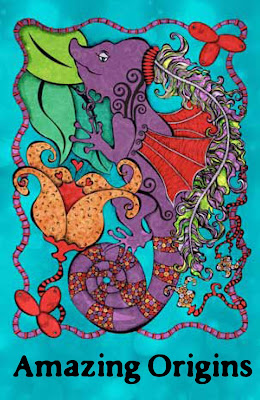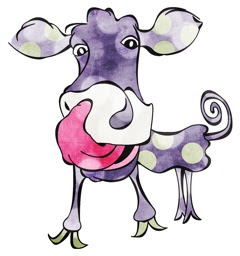The word “witch” comes from the Saxon wica, which means “wise one.”
The ancient Assyrians, Babylonians, Hebrews, Greeks and Romans all mention witches in their writings. In Greco-Roman times, they were renowned for their healing skills using herbs and potions. Unfortunately, even back then, not everyone approved of this practice. Pliny, Ovid, and Plutarch all wrote negatively about witches.
Sadly, over time witches began to be viewed as entities that cast evil spells to hurt others. Persecution of witches began when the Christian Church started fostering the belief that witches were associated with the devil. They told stories that witches copulated with demons, conducted wild orgies, and indulged in sinful behavior.
This unjustified belief led to horrific injustices and the torture and death of many innocent men and women by hanging, drowning or being burned at the stake. This unbelievable craze lasted for almost 250 years.
During this time several myths came about. Witches were thought not to have a soul and thus made no reflection in the mirror. They would recite the lord’s prayer backwards and were thwarted by anything made iron. People also believed that witches possessed “devil’s marks,” which were warts, moles or other birthmarks, usually in the area of the armpits.
If anything bad happened in the community, it would be blamed on a witch such as a calf dying, crops failing, or if a baby was stillborn. Even storms and murders were blames on witchcraft.
A wide variety of amulets and other form of protection were used to protect people and their homes from witches. It was also believed that witches could hurt you if they had a small piece of you to work with. Thus, some folks thought one needed to be extremely careful to dispose of nail clippings, cut hair, blood, urine and saliva in order to prevent a witch from getting their hands on it.
Because of the way movies and children’s books portray witches, the stereotypical image of a witch is a hideous hag with a warty nose, pointed chin who lives alone with a black cat and casts evil spells. In reality, witches today practice a pagan religion that honors the Goddess and believe in the sanctity of all life.

















































